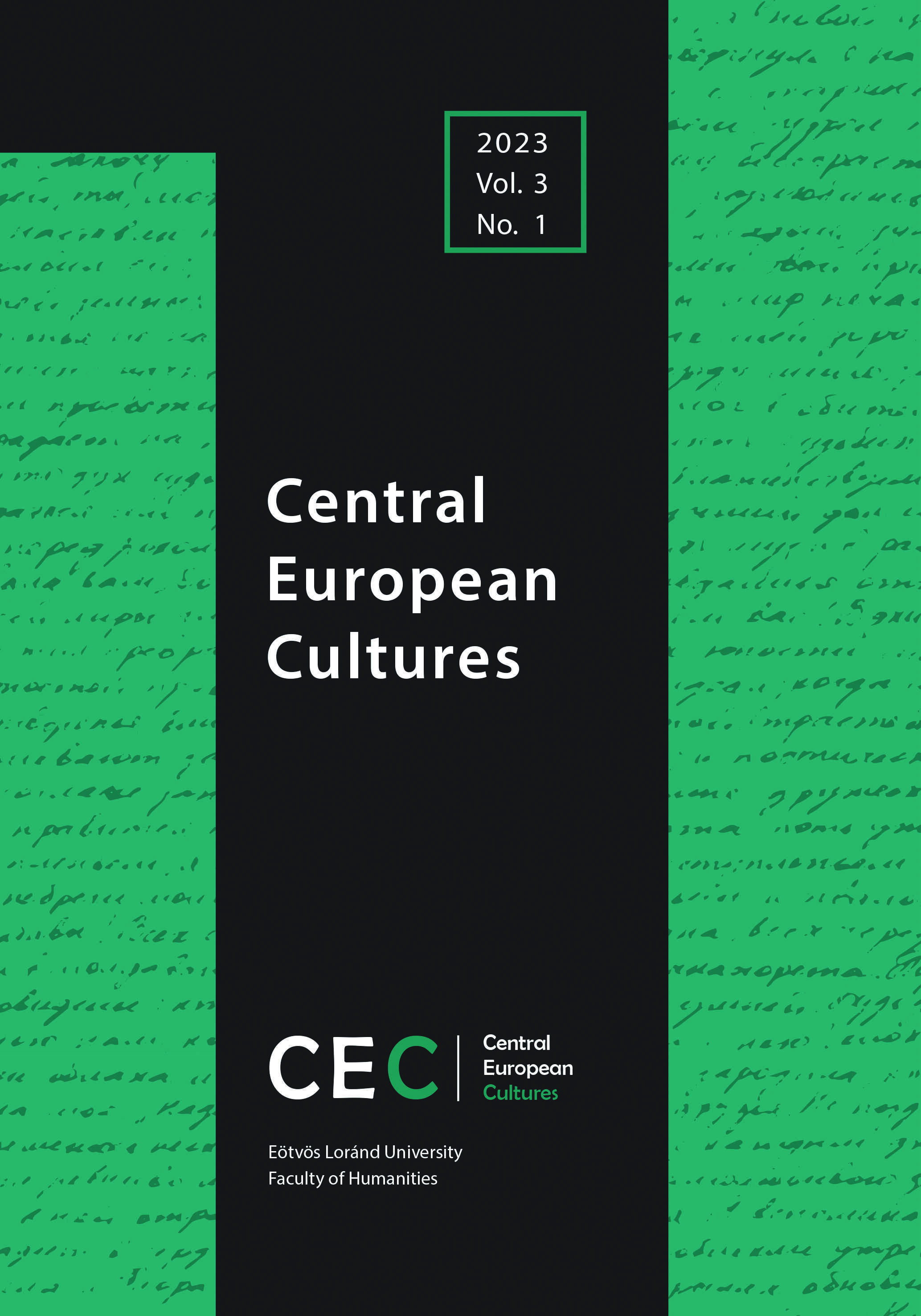Fateful Periods: Routinisation of a Wittenberg Chronological and Eschatological Concept within Bohemian University Humanism (c. 1550–1620)
Fateful Periods: Routinisation of a Wittenberg Chronological and Eschatological Concept within Bohemian University Humanism (c. 1550–1620)
Author(s): Lucie StorchováSubject(s): Czech Literature
Published by: Eötvös Loránd Tudományegyetem
Keywords: Protestant Historiography; Bohemian lands; cultural exchange; Carion’s Chronicle; Philipp Melanchthon; Caspar Peucer
Summary/Abstract: The article deals with ways in which one of the most important chronological tools of Lutheran historical writing and eschatology—the “fateful periods” that were based on Daniel’s prophecy and predicted originally the demise of the Holy Roman Empire and the End of the World—was modified when it spread from Wittenberg to the University of Prague. The study does not seek to illustrate the importance of apocalyptic imagination by adding further examples of Central European provenance; rather, its goal is to demonstrate how eschatological discourses became absorbed into scholarly material, how they were rewritten and reapplied in individual humanist texts and, particularly, how their meanings and functions changed in the process of cultural exchange. Calculations based on “fateful periods” of 500 or 250 years were made part of the ordinary curriculum of the University of Prague and became one of the basic intellectual themes employed by non-theologians in various subjects, for example in different historical narratives, strategies for seeking patronage or as a tool for producing a community and shared identity among humanist scholars.
Journal: Central European Cultures
- Issue Year: 3/2023
- Issue No: 1
- Page Range: 38-64
- Page Count: 27
- Language: English

